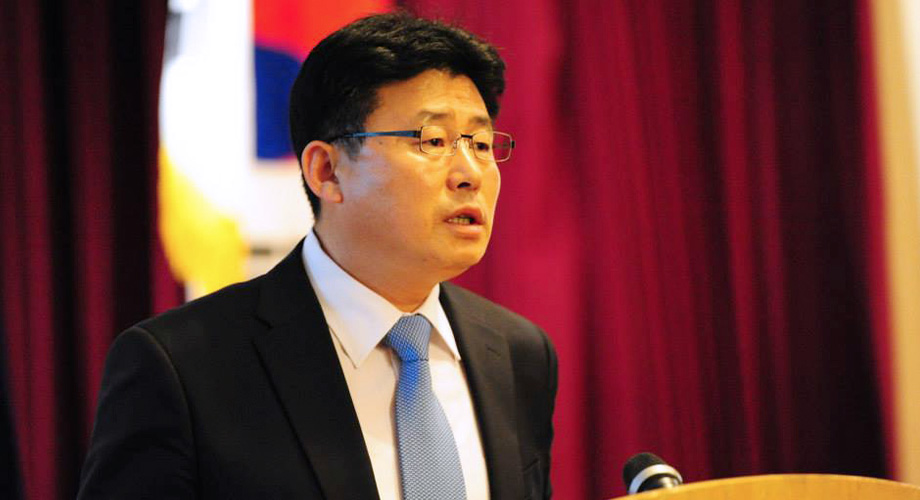
As a former prison guard in the Democratic People’s Republic of Korea (DPRK), Mr. Ahn Myung-chul “knew better than anyone” what awaited people in the country’s political prison camps.
Now a founder of the non-governmental organisation, NK Watch, he and his colleagues have documented the suffering of hundreds of people from the DPRK and submitted detailed petitions on behalf of the victims and their families.
NK Watch recently shared 768 petitions with the UN Human Rights Office’s information and evidence repository, which was specifically developed to preserve and analyse evidence and information on human rights violations in the DPRK. By consolidating large amounts of diverse information in one location managed by the UN, the repository can be useful for pursuing legal accountability, for truth-telling and developing a historical record.
Read more in this interview.
Can you tell us about your job in the DPRK?
My parents were both working for the DPRK government and we were very loyal to the regime. Because of my privileged background, I got a job as a guard in 1987 in a camp designed to detain political prisoners. My job was to guard the Total Control Zone - a camp where prisoners were held for life. I was brainwashed that the prisoners were traitors and enemies, not human beings. I had orders to kill prisoners if they tried to escape.
How did you decide to escape the DPRK?
The DPRK was experiencing an extreme famine in the mid-90s, and my father was framed as being responsible for the food shortages in my region. Based on the “guilt by association policy,” in which family members are also detained if one of their family members are accused of crime, my mother, brother and sister were sent to political prison camps. This was when I realised how the prisoners I had previously guarded had been unlawfully arrested and sent to these camps.
I knew better than anyone what would await us in the camp, so I decided to escape before being put in the camp when my surveillance lapsed. I escaped from the DPRK in 1994.
I still do not have information on the whereabouts of my mother, brother and sister.
Can you tell us about your journey as a human rights activist and your organisation, NK Watch?
In 1998, I was asked to testify at the United States of America Senate about the political prison camps in the DPRK. My testimony initiated dialogue on the human rights situation in the DPRK and the passing of the North Korean Human Rights Act in the United States.
I was determined to raise awareness on the human rights situation in the DPRK, and I founded NK Watch in 2003 with other survivors of the DPRK political prison camps and their families. We work to raise awareness throughout the world on the public execution, ruthless torture and beating, sexual violence, famine, disease, forced labour, and many more egregious human rights violations taking place in the DPRK, particularly in political prison camps.
How did you begin documenting human rights violations and submitting petitions to the UN human rights working groups?
Since 2013, NK Watch has submitted petitions on behalf of the victims to the UN Working Group on Enforced and Involuntary Disappearances, the Working Group on Arbitrary Detention and other special procedures mandate holders on issues related to arbitrary detention, disappearance, discrimination against women, the rights of children and the rights of DPRK migrant overseas workers. The submissions aimed at documenting potential crimes against humanity committed by the DPRK. NK Watch has submitted a total of 768 petitions.
In response to these petitions, NK Watch received some 40 letters from the DPRK and three from China. Addressing serious human rights violations against the people from the DPRK, such as human trafficking and forced repatriation needs support from China as well.
Are there specific cases that you recall working on?
One case I remember was in 2010 when a family of eight members were taken to a political prison camp. One of them was a pregnant woman. The woman was separately detained until she gave birth to a child. The baby, after the first 100 days, was taken to the political prison camp. Later, among them, the child’s grandmother and aunt escaped. They filed a petition to the Working Group on Involuntary or Enforced Disappearance.
The grandmother was extremely concerned about the family in North Korea, and was also fighting stomach cancer. She wanted to know urgently about the fate of her family, and submitted a petition to the Working Group. DPRK responded to the petition, saying that the person mentioned in the petition did not exist.
How are you working with UN Human Rights to increase the impact of your work?
NK Watch shared 768 petitions with the UN Human Rights Seoul Office and is committed to sharing similar petitions on a quarterly basis. I hope the documents we shared will contribute to documenting the plight of the victims. I believe the UN is better positioned than a non-profit organisation to raise awareness about the human rights situation in the DPRK at the international level, and to pressure the DPRK authorities.
How can we achieve truth, justice and accountability in the DPRK? What can be done practically?
The activities of the UN and the international community, aimed at addressing the human rights situation in the DPRK, have contributed to some positive changes in the situation inside the country. For example, in the past, serious violence took place inside the political prison camps. However, according to accounts from recently arrived escapees, persons who were rearrested after attempting to escape the DPRK due to economic reasons are rarely beaten as a punishment these days.
In fact, the DPRK has been under serious pressure from the international community and the UN. Two political prison camps have been dismantled. Interrogation processes have become less harsh, and rights violations less severe than in the past.
I believe if the human rights situation in the DPRK improves, with the support of continuing measures to ensure accountability, victims and their families will provide more testimonies on human rights violations because they will be less afraid to come forward.
It is a tough road ahead. I am, however, still hopeful.
Disclaimer: The views, information and opinions expressed in this article are those of the persons featured in the story and do not necessarily reflect the official policy or position of the Office of the UN High Commissioner for Human Rights.
4 January 2021
